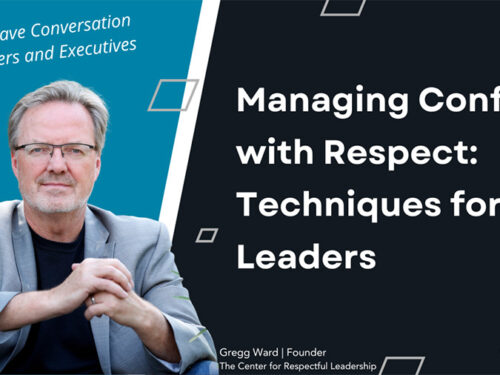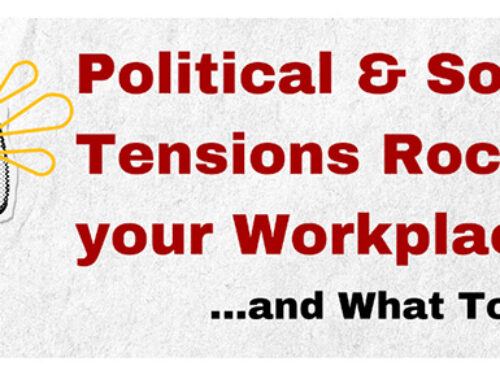

If you’ve been listening to the presidential candidates and their surrogates lately, you can’t help but notice that many of them repeatedly claim to be fed up with “political correctness.” They shout that everyone has become too sensitive, that the PC Police are preventing ordinary people from “telling the truth,” or “saying out loud what everyone is thinking.” I have no doubt that we’ve all heard this complaint from clients, colleagues, family and friends, or even coming out of our own mouths.
So, what exactly are the truths and thoughts that frustrated folks are so desperate to speak out loud? From what I can tell, nine times out of ten, they’re nothing more than negative stereotypes about an individual or group of people that the speaker doesn’t like or hates. Typical examples of political incorrectness we’ve been hearing lately: “I’m sick and tired of being PC! I believe that (fill in the name) are rapists,” or whiners, spoiled, lazy, criminals, greedy, corrupt, weak, and/or stupid, etc.
Neuroscience tells us that the stereotyping function is literally built in: our brains are automatically wired to categorize everything, including other people, as quickly and efficiently as possible. In the past, when we were cave-dwellers living in close-knit tribes, this function literally helped us to stay alive by allowing us to instantly separate friend-from-foe. At the same time, our fellow tribe-members also helped by teaching us who was friend and who was foe. As a result, over time, we attached both positive and negative biases to these categorizations and these eventually became unconsciously ingrained and passed on from generation to generation. This process is common to all sentient beings.
But in today’s workplace, schools and in everyday social interactions, this primordial function – especially the negative stereotyping – is no longer useful. In fact, it’s often counter-productive. Think of it this way: if we were to constantly react and speak negatively to people who are different from us and who belong to a group we don’t like, we wouldn’t be getting much work done at the office; trade and commerce would grind to a halt and we’d all be instinctively shrinking from each other on the street.
Instead, in order to get help on a project or with a problem, or to make a sale of our goods and services, or even to buy milk at the store, most of us treat each other respectfully, courteously and yes, in a politically correct manner. In summary, when we’re going about our everyday business we deliberately choose to refrain from vocalizing or acting upon our negative stereotypes and biases.
So, if we boil it all down, being politically correct is primarily about treating others with respect and courtesy so we can avoid constant conflict and get things done. Unless we’re hermits living off the grid in the backwoods, almost everyone chooses to do this, almost all of the time. There’s nothing wrong with this; it’s called being a decent human being, something I hope that most of us – even most presidential candidates – are trying to be, most of the time.




